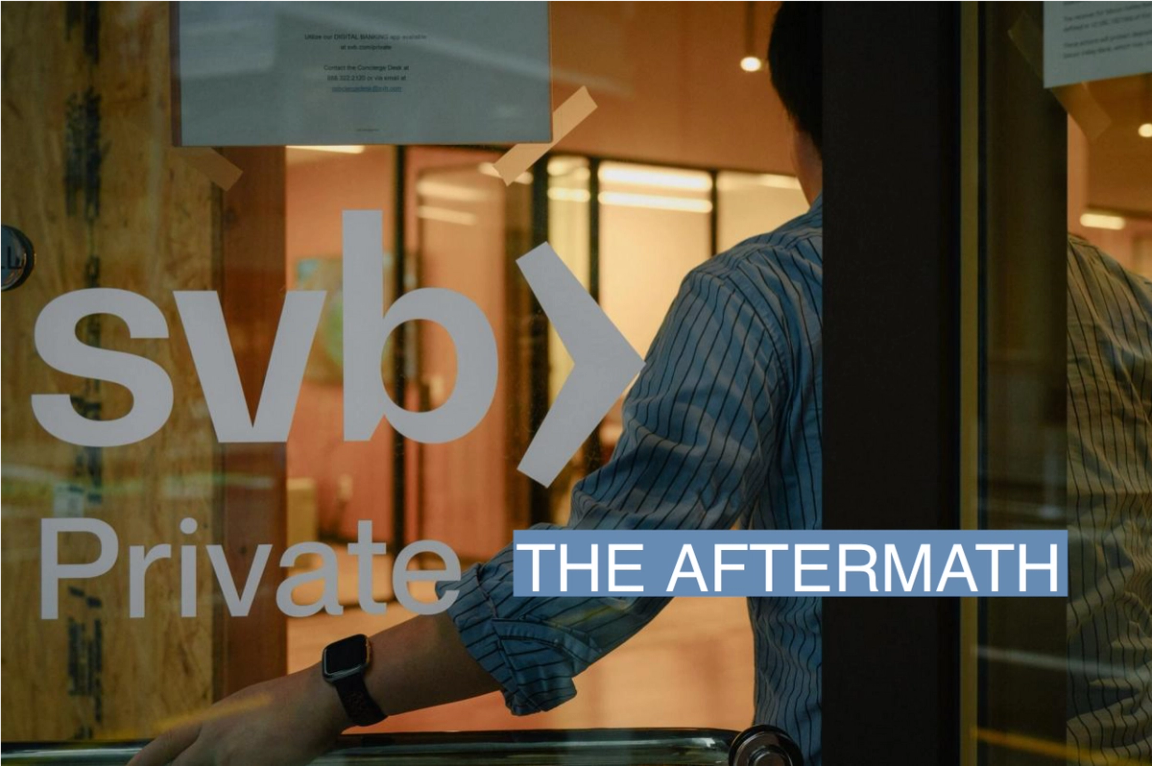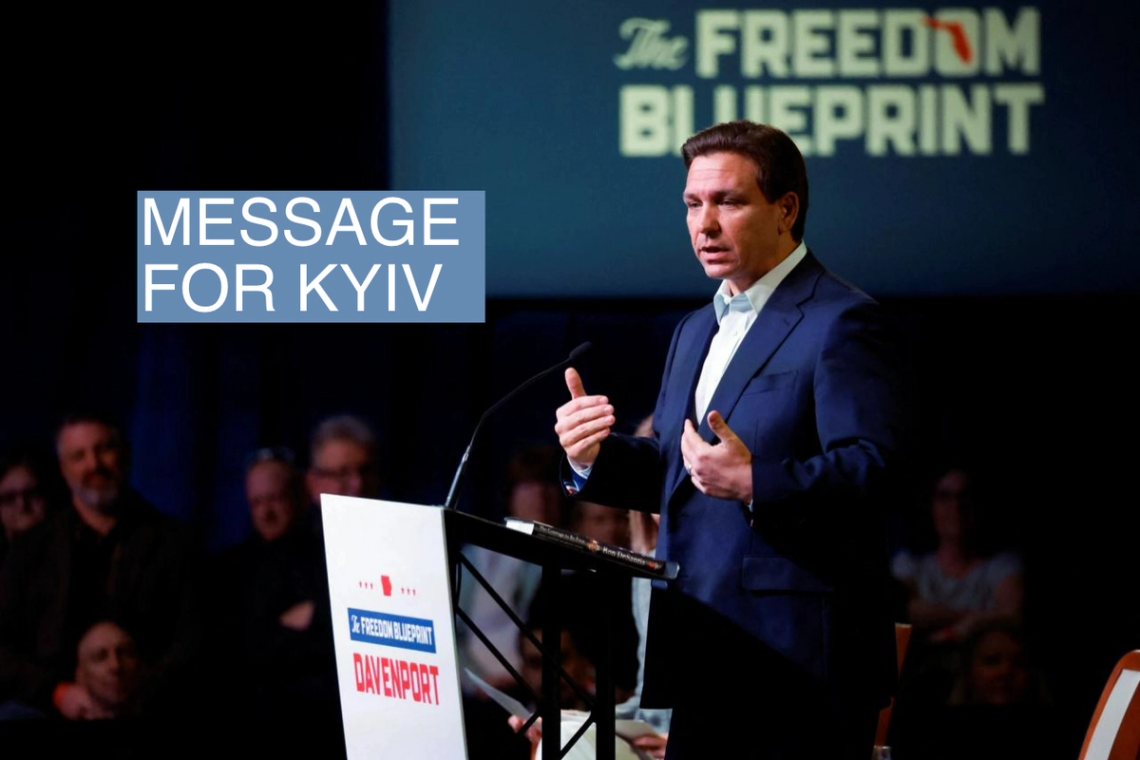 REUTERS/Kori Suzuki REUTERS/Kori SuzukiTHE NEWS As Washington grapples with the weekend collapse of Silicon Valley Bank, Democrats are at odds over how much of a role recent deregulation played in the debacle. At the same time, some are already looking ahead to reforms that might prevent similar runs in the future by massively expanding deposit insurance. JORDAN AND JOSEPH’S VIEW While it’s unclear whether the Silicon Valley Bank fiasco will lead to any new regulation in a split Congress, the debates occurring among Democrats are worth keeping an eye on if only because they could influence new rules by regulators. (Republicans, for their part, still seem to be settling on talking points about the collapse after trying to shoehorn it into a culture war script.) Here’s a rundown of the issues. Is this all DC’s fault? Progressives wasted little time before blaming this weekend’s chaos on Congress’ rollback of banking regulations put in place after the 2008 Wall Street meltdown. In 2018, President Donald Trump signed a controversial bipartisan bill that loosened oversight on regional banks with hundreds of billions of dollars in assets — including ones like Silicon Valley Bank, whose CEO lobbied for the bill. “These recent bank failures are the direct result of leaders in Washington weakening the financial rules,” Sen. Elizabeth Warren, D-Mass., wrote in the New York Times Monday. Rep. Katie Porter, D-Calif., told the American Prospect she planned to introduce legislation undoing the changes, while President Joe Biden called on lawmakers and regulators to ” strengthen the rules for banks.” Supporters of the legislation have pushed back. Sen. Mark Warner, D-Va. told ABC he still thought the bill put in place an “appropriate level of regulation,” and suggested it wasn’t directly responsible for the kind of bad management that brought down Silicon Valley Bank. The issue is tricky in part because Congress didn’t act alone. Instead, it increased the size banks could reach before they would be subjected to “enhanced” oversight, and gave Federal Reserve officials the option to cut back regulations further — which they did. In one major move, they eliminated liquidity rules requiring institutions the size of Silicon Valley Bank to have access to quick cash, which some believe might have helped prevent a run. Even with the 2018 bill, however, the Fed should have been able to spot and prevent the danger at Silicon Valley Bank, Dennis Kelleher, head of the pro-financial regulation group Better Markets, told Semafor. Problems with the bank’s finances were reported in the press months ago, and ought to have been obvious to examiners charged with overseeing it, he said. “The deregulatory law contributed to some degree to what happened here, but the failure of federal reserve supervisors was a much, much greater contributor to the failure of this bank,” Kelleher said. But Mike Konczal, director of macroeconomic analysis at The Roosevelt Institute, argues that the 2018 bill acted as a “stand down order to regulators” when it came to mid-sized banks — discouraging them from taking a tough line on financial risk-taking, even if they still technically had the legal tools to do so. “That chilling culture matters quite a bit,” he said. On Monday, the Fed announced it planned to review its oversight of Silicon Valley Bank, and where it went wrong. Deposit insurance for all? Today, the federal government only insures up to $250,000 of each U.S. bank account. That rule went right out the window this weekend, however, when regulators announced they’d back all of the deposits at Silicon Valley Bank. Now, Democrats are talking about expanding deposit insurance to avoid last-minute emergency decisions that risk being labeled a bailout. California Rep. Maxine Waters, D-Calif., even floated establishing a universal program on CNBC that covered every bank account in full. Warren and California Rep. Ro Khanna have talked up the need for reforms to ensure businesses can at least make payroll if their bank goes under — which became a major concern for Silicon Valley Bank’s many startup clients. Jason Furman, a former economic advisor to Barack Obama, said the idea makes sense on paper, calling it “better than ex-post universal deposit insurance.” Some experts have suggested establishing a tiered insurance system that charges banks larger fees for larger deposits. “What we might do is say if you’ve got an account between 250k and 500k, there’s a minor fee that’s also added on to your banking costs,” Robert Hockett, a finance professor at Cornell Law School who’s advising progressive legislative efforts, told Semafor. “If you have an account between 500k and a million, maybe a slightly larger fee… and so on.” But there are possible downsides, practically and politically. Many banking experts worry that a universal deposit insurance program would encourage risky behavior by banks since they wouldn’t have to worry about customers fleeing to competitors. Any attempt to reform deposit insurance is very likely to crash into resistance from the banking industry, since they’d face higher fees to pay for it. Some Democrats aren’t necessarily sold on universal deposit insurance, either. Rep. Ritchie Torres, D-NY, told Semafor that it might create “perverse” incentives. To share this story, click here. | 





